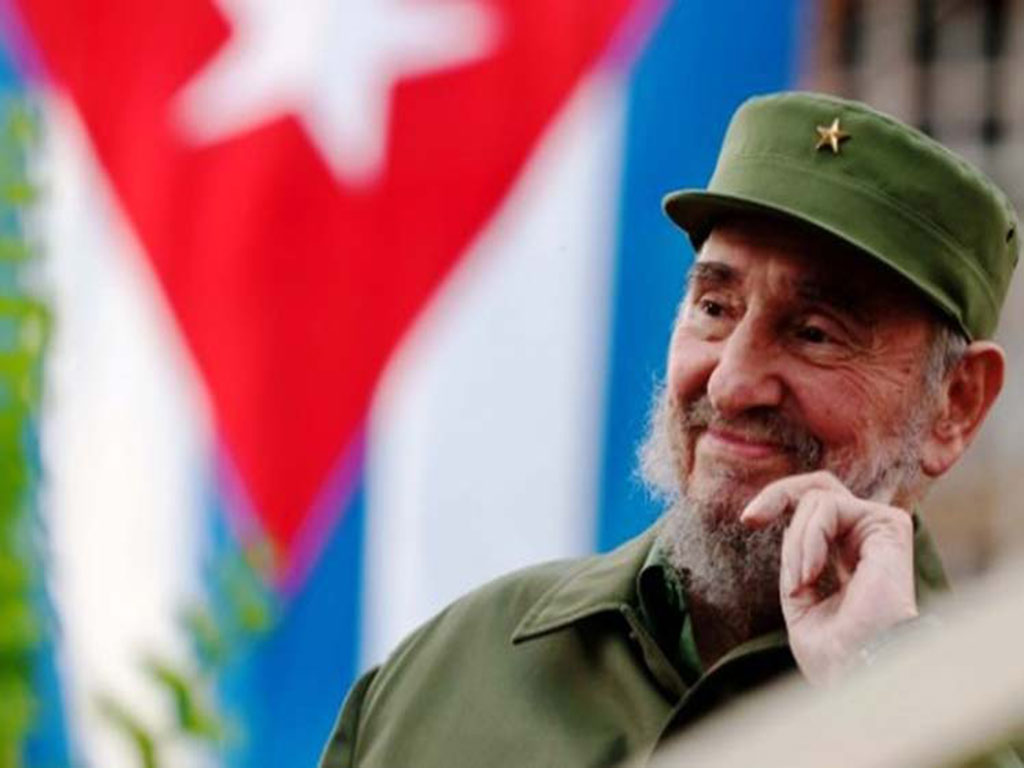Messages of appreciation for the sovereign and emancipatory legacy of the commander-in-chief of this revolutionary process of great importance in Cuba and the world have been circulating on social media and mass media since August 13, the date of his birthday.
Fidel Castro’s contributions to achieving their independence or consolidating liberation movements in the Americas were acknowledged in Bolivia, Panama, Venezuela, Nicaragua, Ecuador, Argentina, and other Latin American nations.
In the land of Bolivar, Foreign Minister Yvan Gil praised the transcendental life of the Cuban and universal leader. At the same time, Argentines who graduated in Cuba expressed their gratitude to Fidel, whose legacy is currently visible in hundreds of social missions in the Bolivarian country.
Meanwhile, in Ecuador, members of the state mission, friends of Cuba, Cuban residents in that country, and representatives of political and social organizations paid tribute to Fidel Castro at the Cuban Embassy in Quito.
Cuban Ambassador to Ecuador, Basilio Gutierrez, recalled that the leader of the Cuban Revolution changed his nation’s history and contributed to the independence of other countries in Latin America and the world.
Other messages came from the Cuban diplomatic missions in Europe and Africa, from social movements, political parties, and world leaders, especially those of progressive sign.
Fidel Castro has become a living legend since his triumphant arrival in Havana on January 8, 1959, heading the guerrilla fighters who defeated the regime of Fulgencio Batista (1952-1958). With his thoughts and work, this revolutionary process transcended Cuba’s borders.
His brother and comrade-in-arms, Army General Raul Castro, described him as “the most illustrious Cuba’s son in the 20th century”, who was capable of turning setbacks into victory, with ideals’ firmness, and an unshakable certainty in the triumph of fair causes.
mh/iff/oda/lld










